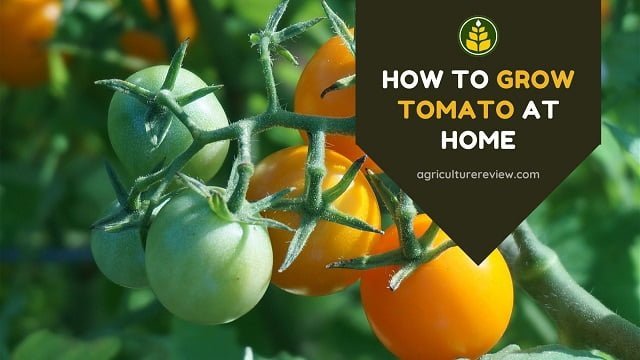1. Which hormone is responsible for milk production in lactating animals?
2. What is the average gestation period for cattle?
3. Which part of the female reproductive system is the site of fertilization in livestock?
4. What term describes an animal with one or both testes retained in the abdominal cavity?
5. Which cells in the testes are responsible for the production of testosterone?
6. What hormone stimulates ovulation in female animals?
7. What is the primary sex organ of female animals?
8. Which hormone is primarily responsible for maintaining pregnancy in animals?
9. What is the term for the union of sperm and egg in animals?
10. Which phase of the estrous cycle is characterized by the development of the corpus luteum?
11. What is the average gestation period for goats?
12. Which breed of cattle is known for its high milk production?
13. Which mineral is essential for the formation of hemoglobin in animals?
14. What is the term for the young of a sheep?
15. Which part of the avian digestive system is responsible for mechanical digestion?
16. Which hormone is known as the “milk let-down” hormone in lactating animals?
17. What is the primary function of the corpus luteum in the estrous cycle?
18. Which part of the male reproductive system is the site of sperm production?
19. Which hormone is primarily responsible for the regulation of calcium levels in the blood of animals?
20. What is the term for the study of animal behavior?
21. Which vitamin is essential for blood clotting in animals?
22. What is the average lifespan of a dairy cow?
23. Which mineral is crucial for the formation of bones and teeth in animals?
24. What is the term for the process by which animals regulate their body temperature?
25. What is the primary function of red blood cells in animals?
26. Which type of muscle is found in the walls of internal organs?
27. What is the term for the young of a goat?
28. What is the primary source of energy for ruminant animals?
29. Which hormone is known as the “fight or flight” hormone in animals?
30. What is the term for the process by which animals convert food into energy?
31. Which organ is responsible for filtering waste from the blood in animals?
32. Which breed of swine is known for its high meat quality?
33. What is the term for the process by which an animal’s body breaks down and absorbs nutrients from food?
34. Which nutrient is essential for muscle growth and repair in animals?
35. What is the term for the study of the structure of animal bodies?
36. Which breed of sheep is known for its fine wool production?
37. What is the term for the process by which animals eliminate waste products from their bodies?
38. Which mineral is essential for the production of thyroid hormones in animals?
39. Which part of the digestive system is responsible for water absorption in animals?
40. What is the term for the period during which a female animal is receptive to mating?
41. Which hormone is produced by the pancreas to lower blood sugar levels in animals?
42. Which breed of cattle is known for its high-quality beef?
43. What is the primary function of white blood cells in animals?
44. What is the term for the process by which animals convert food into simpler substances for absorption?
45. Which breed of chicken is known for its egg production?
46. What is the term for the process by which animals eliminate excess heat from their bodies?
47. Which nutrient is necessary for the production of hemoglobin in animals?
48. Which breed of dog is commonly used for herding livestock?
49. What is the term for the specialized cells that conduct nerve impulses in animals?
50. Which nutrient is necessary for the production of ATP in animals?






